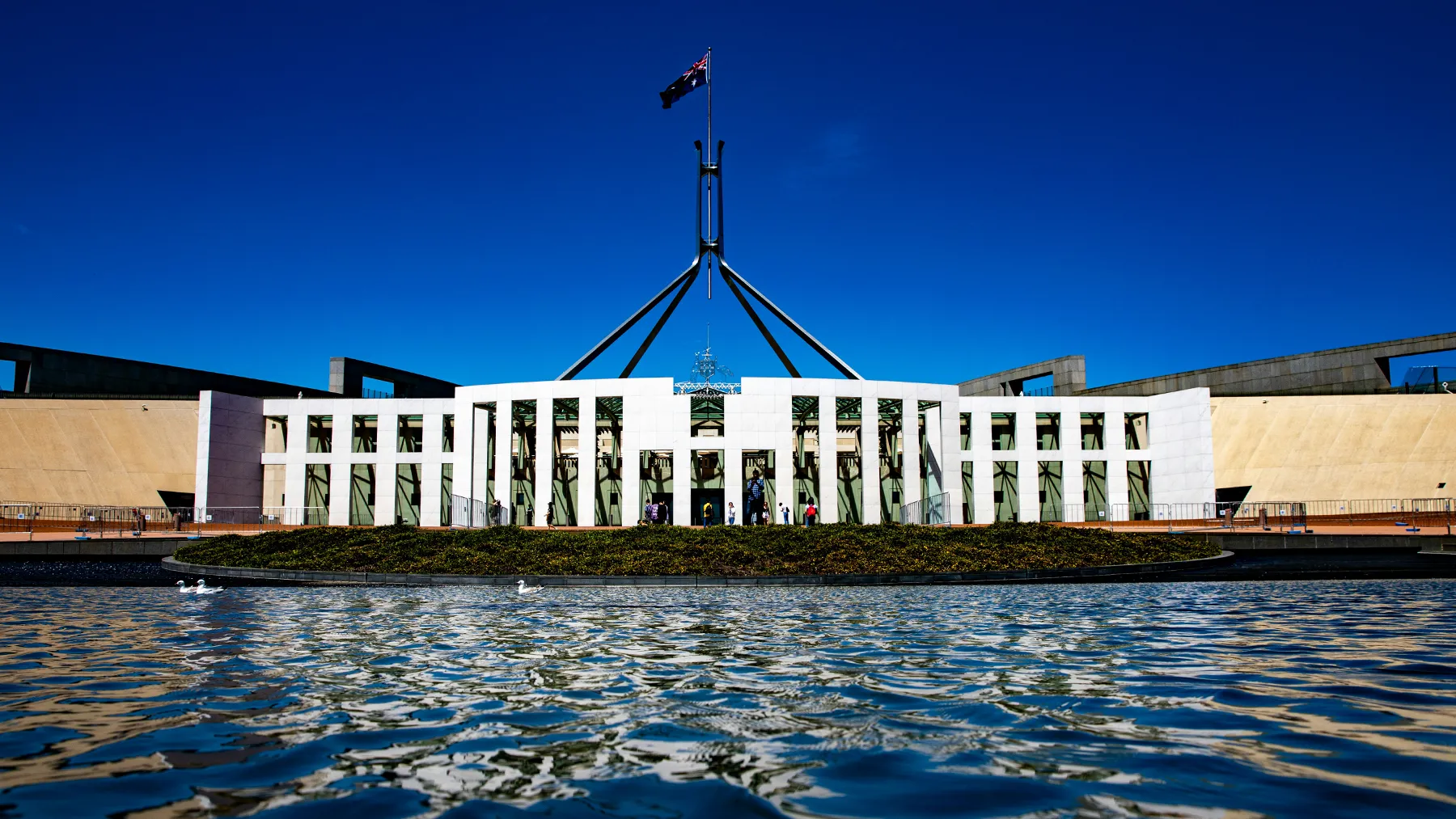
To future-proof its digital workplace and uplift its cybersecurity maturity, a major Australian government department partnered with NRI to deliver a smooth and secure migration from Windows 10 to Windows 11. This large-scale upgrade spanned more than 2,000 end-user devices across the country and was delivered with zero disruption to business operations.
Opportunity
With Microsoft’s Windows 10 End-of-Life (EoL) deadline on the horizon, the department identified the need to upgrade more than 2,000 devices to ensure ongoing support, security, and compatibility with future applications.
Failure to act posed multiple risks:
- Loss of access to critical security updates and vendor support
- Increased vulnerability to cyber threats
- Potential incompatibility with evolving enterprise software
- Degraded user experience and efficiency
At the same time, the department saw a strategic opportunity to uplift its systems with Windows 11, unlocking enhanced security features, improved performance, and a more intuitive user interface to support better day-to-day operations.
Solution
NRI was engaged to design and deliver a comprehensive migration strategy that would modernise the department’s digital workplace, without disrupting operations or compromising sensitive environments.
Key steps in the solution included:
-
-
-
- Device assessment and SoE design
The initiative began with an asset muster to determine which devices were eligible for upgrade, based on Trusted Platform Module (TPM) requirements. From there, NRI worked with the department to define and develop four tailored Standard Operating Environments (SoEs) aligned to specific user roles. Each SoE bundled Windows 11 with the appropriate software, drivers, and configurations to meet operational needs. - Hybrid deployment strategy
Upgrades were delivered using a combination of:- Remote installations via VPN, allowing most staff to complete the upgrade from their home or office locations
- Onsite upgrades for classified systems requiring a controlled facility environment
- Device assessment and SoE design
-
-
This hybrid approach maximised flexibility while respecting the department’s stringent security protocols and minimising business disruption.
Outcomes
- A stronger cybersecurity posture
By transitioning to Windows 11, the department significantly improved its alignment with Essential Eight Maturity Level 3 (E8 ML3). Features like Windows Hello for biometric authentication and BitLocker encryption enhanced protection of sensitive data, while multifactor authentication and improved user auditing further strengthened access control. These upgrades supported the department’s broader Modern Workplace Environment (MWE) uplift. - Significant reduction in IT incidents
Following the upgrade, the department observed a measurable and sustained decrease in IT incidents. Over a 16-month period, incident volumes fell from peaks of over 500 per month in 2023 to fewer than 150 by early 2025. This was attributed to improved device stability, enhanced compatibility, and better enforcement of conditional access policies, which reduced user errors and unauthorised access attempts. - Foundation for future transformation
Beyond addressing the immediate EoL challenge, the success of the Windows 11 rollout established a scalable foundation for future IT improvements. The department now benefits from a modern operating environment that can more easily adapt to future software requirements, cybersecurity mandates, and digital transformation goals.
NRI continues to support the department with technical guidance, health monitoring, and system optimisation to ensure sustained alignment with policy and security requirements. With a modern platform in place, the department is well-positioned to explore further improvements and maintain operational excellence across its national footprint.





